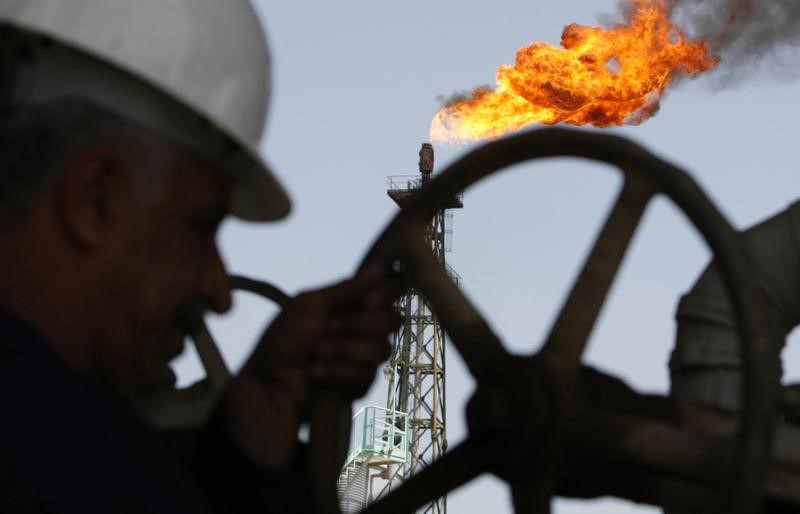By Barani Krishnan
Investing.com - Hedge funds are doing damage to OPEC by overdoing the oil rally.
After slight corrections in Asian and European trading, oil prices were back up in the New York session Tuesday, despite expectations that data on U.S. crude stockpiles would show a fourth-straight week of builds.
U.S. West Texas Intermediatecrude settled up 65 cents, or 1%, at 64.05 per barrel.
Brent, the London-based global benchmark for oil, rose by 54 cents, or 0.8%, to $71.72 by 4:04 PM ET (20:04 GMT).
The price rebound came as market participants awaited the American Petroleum Institute's snapshot on what the U.S. Energy Information Administration was likely to report on Wednesday for oil supply-demand in the week ended April 12.
With Tuesday's finishes, WTI is up 41% on the year; Brent is up 33%. AAA's national average retail price of gasoline, up slightly at $2.831 a gallon on Tuesday, is up nearly 25%.
Analysts expect the EIA to report a crude increase of 1.7 million barrels in its latest weekly dataset to add to the roughly 17 million barrels in builds from three previous weeks.
But prior to that, the API will have the first shot in influencing market direction with its own bulletin due at 4:30 PM ET that compiles supply-demand as reported voluntarily by its members. While API's numbers have often diverged with the EIA, it has been accurate lately with whether crude, gasoline or heating oil, which serves as a proxy for diesel, had a build or draw in a particular week.
Going by trade expectations, both the API and EIA should report another substantive build for crude last week, making Tuesday's price rebound all the more surprising.
In the past two months, oil has seldom lost more than 1% in a session, while gaining as much 3% sometimes in a day on support by hedge funds and other money managers betting on supplies to continue tightening.
Some analysts say the market looks toppy now, and OPEC, led by Saudi Arabia, may have to announce a suspension in cuts at its forthcoming June meeting to prevent prices from overheating and for demand destruction to set in. Russia, Saudi Arabia's main ally in production cuts, has also been sending mixed signals to the market on whether it plans to continue output shedding or stabilize the market with additional barrels.
While the two oil producing giants continue to play their cards close to their chests, the hedge funds are proving to be the wild cards to the oil rally, continuing to push prices higher even when market fundamentals look suspect at times. In hedge fund managers' defense, the builds in crude over the past three weeks have been offset by equally remarkable drawdowns in gasoline and heating oil that attest to stronger demand.
"Many think the market has gotten ahead of itself," said Scott Shelton, energy futures broker at ICAP (LON:NXGN) in Durham, N.C. "Personally, this is a bus that I am not standing in front of."
